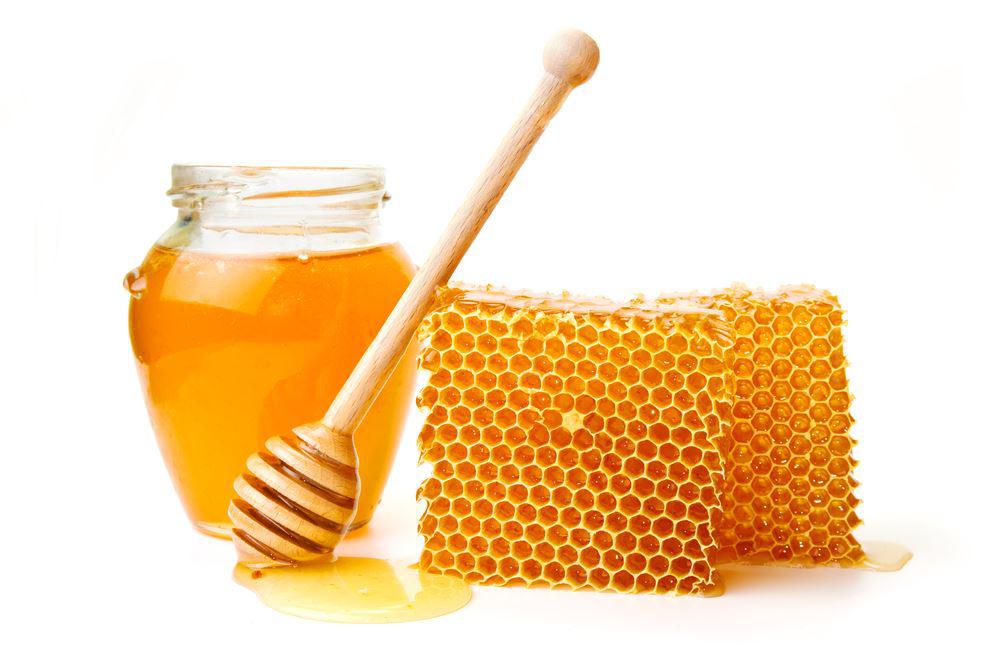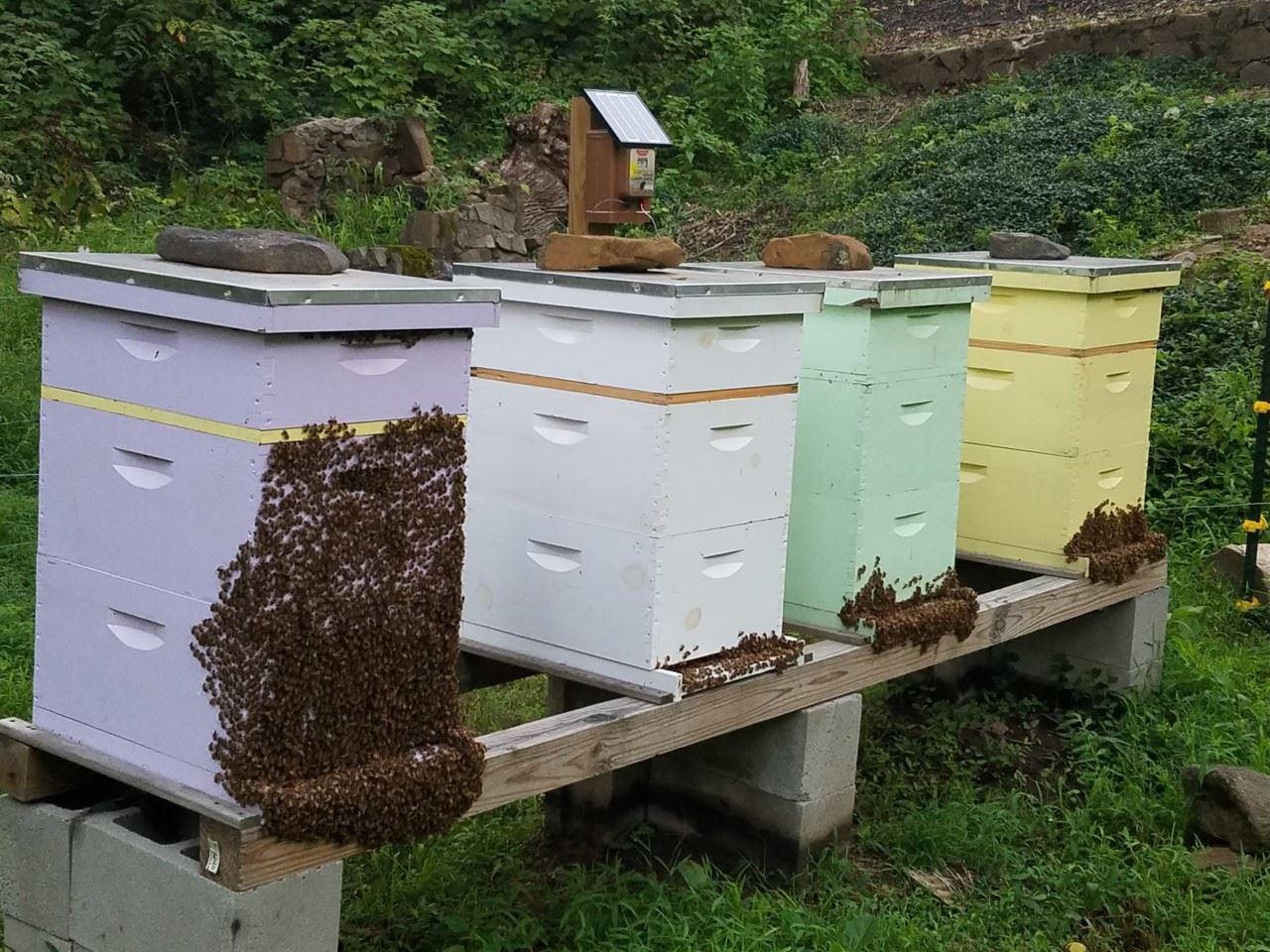Celebrating Our 7th Year Raising Bees!
Posted by Mosquito SquadDecember 20, 2023
We want the public, beekeepers and our customers to know that Mosquito Squad is aware of the importance of pollinators to the environment as a whole. We strive to be good stewards of the environment through education and training. The products that we apply to our client's properties are EPA registered and are strictly applied in accordance with the label. All our technicians are State Licensed to treat with pesticides and go through a rigorous training program, both live and online, on how to treat for mosquitoes and ticks properly in order to protect the environment and pollinators.
Our Beekeeping Story:
My wife and I opened our Mosquito Squad franchise 10 years ago. Mosquito Squad was the first in the country to develop a true way to control mosquitoes and ticks specializing on mainly residential properties. We have two products, an naturalproduct and a product that contains a mild pesticide (about the toxicity of flea shampoo for dogs and cats). Because we were the 1st in our market, we immediately started to get push back from a few people about killing bees and pollinators, mainly beekeepers. This was concerning to us.
Personally, we are good stewards of the environment. We have always had an extensive perennial garden. We love to see the pollinators enjoying our flowers, mainly bumblebees, honeybees, smaller native bees and different species of butterflies and moths. We also enjoy the outdoors and nature. I am an avid fisherman and have been downhill skiing most of my life. As such, we decided to start researching how to raise honeybees. I found it fascinating!

The following year we decided to start our bee apiary. Our focus was to find out if our products would negatively affect our hives. What we found out is that it was quite the opposite. If we avoided treating flowering plants, did not mist the hives directly, and watched our drift, we found no impact to our hives. Although we did lose many hives over the last seven years, the losses were due to our negligence!
- Years 1 and 2: We lost hives to bear attacks!
- We installed a solar powered electric fence.
- Years 3 and 4: We lost hives over the winter.
- Joined the Essex County Beekeepers Society and became more educated on raising bees.
- Learned Varroa destructor (an evasive species of mite that attacks honeybees) was weakening and eventually killing my hives.
- Started treating for Varroa Mites.
- Year 5: Lost more hives due to Varroa Mites.
- Took more classes on how to combat Varroa.
- Year 6: No hive losses!
- Our numbers going into the winter were high.
- Found out it was one of the worst Varroa mite seasons on record for this area.
- Tested monthly for Varroa and treated as needed. Used two different treatments and alternated them, Formic Pro (all-natural) and Apivar (pesticide). We alternate so the mites do not become resistant to the treatments.

I have learned that if you ask 10 beekeepers the same question, you will get 10 different answers. The beekeeping industry is constantly changing so there needs to be constant education. I also found out that Varroa Destructor is very common in our area because there are many beekeepers in close proximity to each other. Almost all are hobbyist beekeepers and many do not treat for Varroa Mites or do not treat properly. This creates weak hives or kills them altogether. Bees from strong hives will rob the honey and pollen out of the weakened hives. In consequence, the strong bees will then pick up Varroa and infect their own hive when they return. This is why you need to constantly test and treat for Varroa.
I fish in upstate New York every fall. I stay at a lodge that has 10 beehives. The beekeeper there never treats for Varroa or has an issues with Varroa because his bees rarely come in contact with other hives. When a hive becomes weakened from Varroa, the bees will come down with viruses and will not be able to fight off robbing bees or hive beetles and other predators.
Other Mosquito Squad Owners Raise Bees Too!
Since we started raising bees, we have found out that other franchise owners within the Mosquito Squad Family raise bees as well. We now have yearly meetings on beekeeping, training tools and seminars, live and online, on how to become a beekeeper. We also have an on-staff entomologist who researches different ways to treat for mosquitoes and will answer questions about pollinators and beekeeping.

